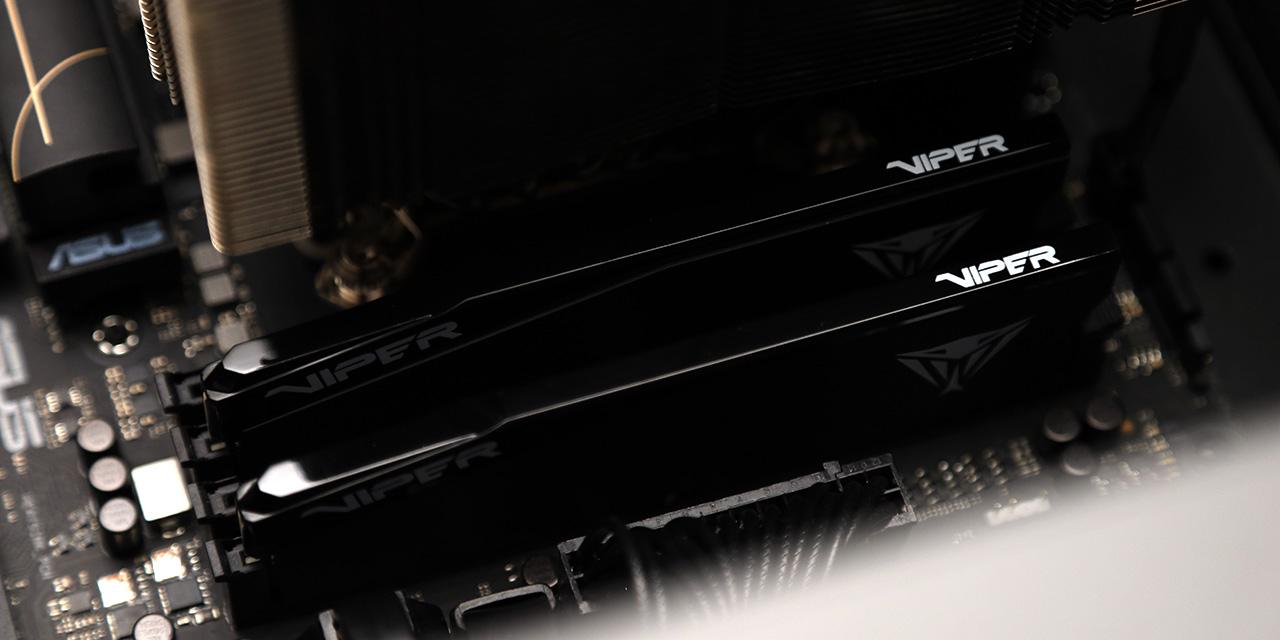|
From DailyTech: The United States Federal Trade Commission filed a lawsuit today against Intel Corporation, currently the world’s largest semiconductor company. The FTC is charging that Intel has illegally used its dominant market position for over a decade to stifle competition and strengthen its monopoly. The FTC alleges that Intel has waged a systematic campaign to shut out competing microchips made by other companies (such as Advanced Micro Devices) by using threats and rewards aimed at the world’s largest computer manufacturers, namely Dell, Hewlett-Packard, and IBM. Similar charges were filed by the European Commission resulting in a $1.45 billion USD fine. In order to head off similar fines from other jurisdictions, Intel settled all antitrust and intellectual property issues with AMD. Intel had threatened to shut down AMD's CPU production, a move that in hindsight seems to have backfired. The company paid AMD $1.25 billion for it to drop all of its complaints, with the hope that it would prevail in the appeals process and that the FTC would not pursue charges without its star witness. Those hopes now appear to be dashed. Additionally, the FTC says that Intel secretly redesigned its software compiler in order to degrade the performance of non-Intel CPUs. Intel then told its customers and consumers that software performed better on Intel CPUs.The FTC is adamant that Intel deceived them by failing to disclose that these differences were due largely or entirely to Intel’s compiler design. Intel also has the largest marketshare in graphics, thanks to its integrated chipsets. The FTC is concerned that the company may try to use the same tactics in the graphics market by "smothering potential competition from GPU chips such as those made by NVIDIA". Development on Intel chipsets by NVIDIA has already been halted due to licensing disputes. View: Article @ Source Site |
 |
Intel Responds to FTC Lawsuit, Allegations of Anticompetitive Tactics
© Since 2005 APH Networks Inc. All trademarks mentioned are the property of their respective owners.





